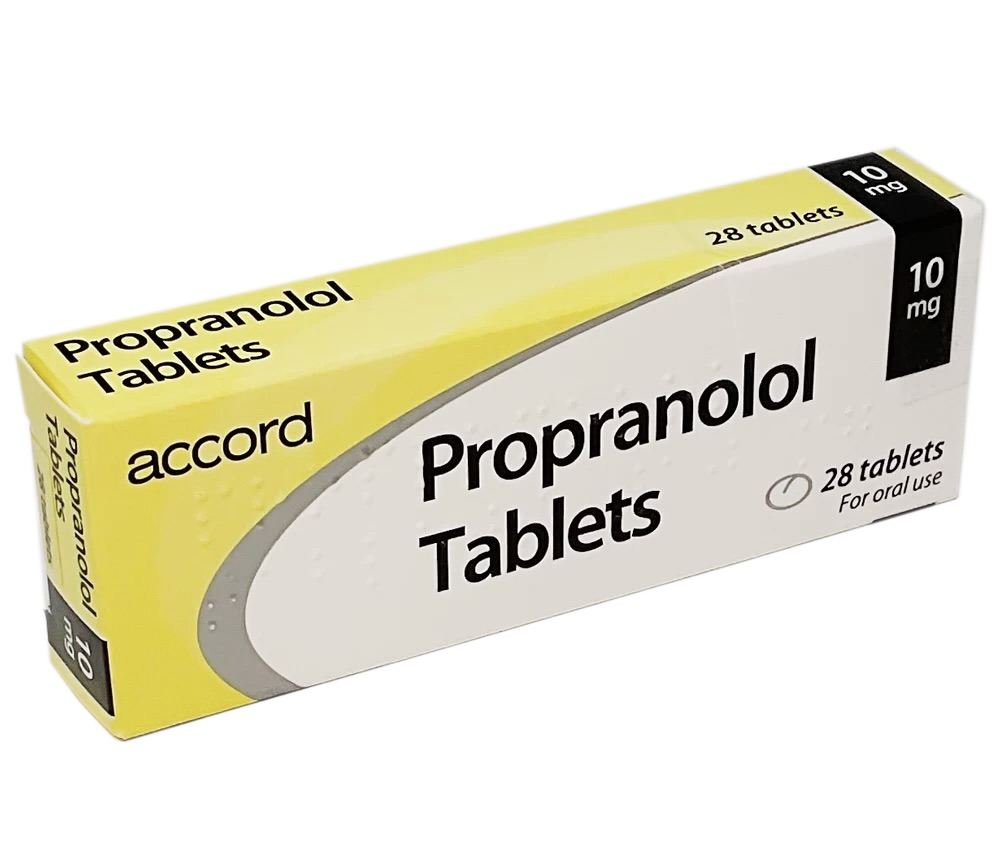Essential Tremor: Symptoms, Causes, Treatment
What are the symptoms of essential tremor?
The symptoms of Essential Tremor may include:
- Involuntary shaking or trembling of the hands, arms, head, or other body parts
- Tremors that worsen with movement or when holding a position
- Tremors that may improve with rest or when using a support such as a cane or walker
- Difficulty with tasks that require fine motor skills, such as writing, drawing, or using utensils
- Shaky voice or difficulty speaking clearly
- Tremors that may affect both sides of the body, but often are more noticeable in one hand or arm
- Tremors that may worsen with stress, fatigue, or caffeine consumption
It is important to note that Essential Tremor typically does not cause other symptoms such as weakness or cognitive impairment. If you are experiencing any of these symptoms, it is recommended to consult with a healthcare professional for proper diagnosis and treatment.
What are the causes of essential tremor?
The exact cause of Essential Tremor is unknown, but it is believed to be related to abnormalities in certain areas of the brain that control movement. Some factors that may contribute to the development of Essential Tremor include:
- Genetics: There is evidence to suggest that Essential Tremor may run in families, indicating a possible genetic component to the condition.
- Abnormal brain activity: Changes in the activity of certain areas of the brain, such as the cerebellum or thalamus, may play a role in the development of Essential Tremor.
- Neurotransmitter imbalances: Imbalances in neurotransmitters such as dopamine or serotonin, which are involved in regulating movement, may contribute to Essential Tremor.
- Environmental factors: Certain environmental factors, such as exposure to toxins or stress, may trigger or worsen Essential Tremor symptoms in some individuals.
It is important to note that while the exact cause of Essential Tremor is not fully understood, researchers continue to study the condition in order to improve our understanding and develop more effective treatments.
What is the treatment for essential tremor?
The treatment for Essential Tremor may vary depending on the severity of symptoms and individual preferences. Some common treatment options for Essential Tremor include:
- Medications: Certain medications such as beta blockers (e.g. propranolol) or anti-seizure medications (e.g. primidone) may help to reduce tremor symptoms by affecting the brain chemicals involved in movement.
- Botox injections: Injections of botulinum toxin (Botox) may be used to help reduce tremors in specific muscles, such as in the hands or voice box.
- Occupational therapy: Working with an occupational therapist can help individuals with Essential Tremor learn techniques and strategies to improve their ability to perform daily tasks and manage tremor symptoms.
- Deep brain stimulation (DBS): For severe cases of Essential Tremor that do not respond to medication or other treatments, DBS surgery may be considered. This procedure involves implanting electrodes in the brain to deliver electrical stimulation, which can help reduce tremor symptoms.
- Lifestyle modifications: Making lifestyle changes such as reducing caffeine and alcohol intake, managing stress, getting regular exercise, and ensuring adequate rest (preventing insomnia) can help to improve tremor symptoms in some individuals.
It is important for individuals with Essential Tremor to work closely with healthcare providers to develop a personalized treatment plan that meets their specific needs and goals. Additionally, ongoing monitoring and adjustments to treatment may be necessary to effectively manage symptoms over time.




